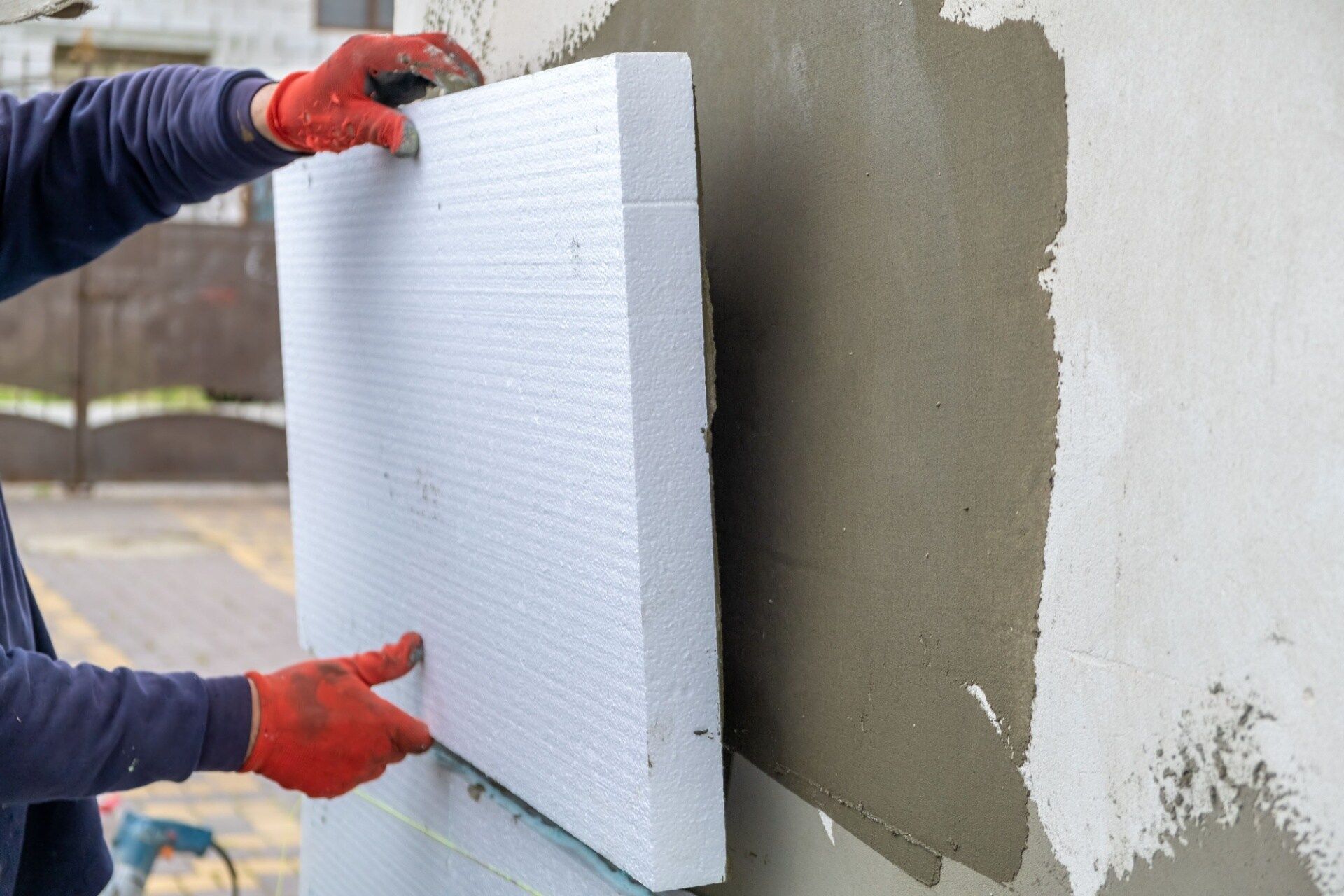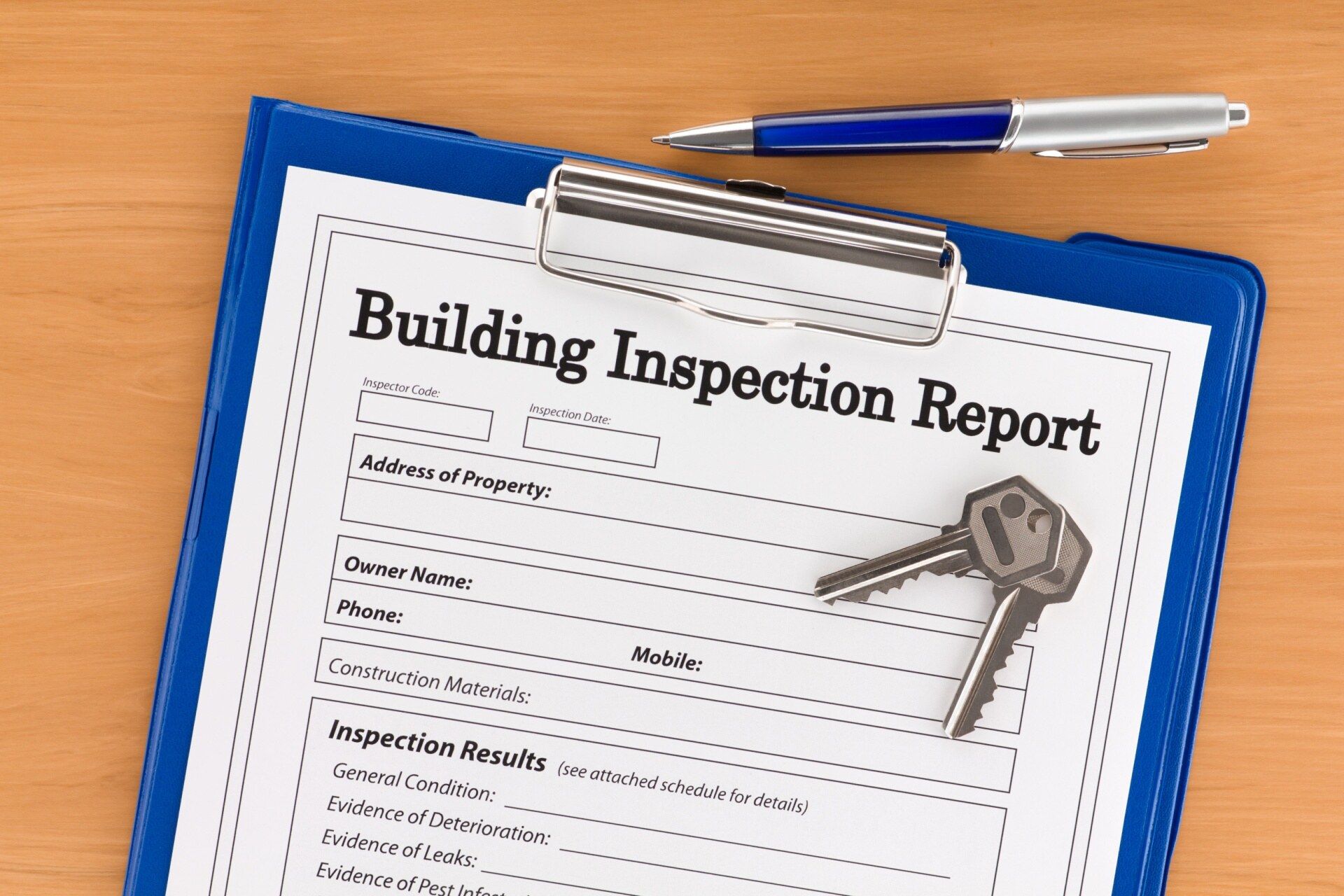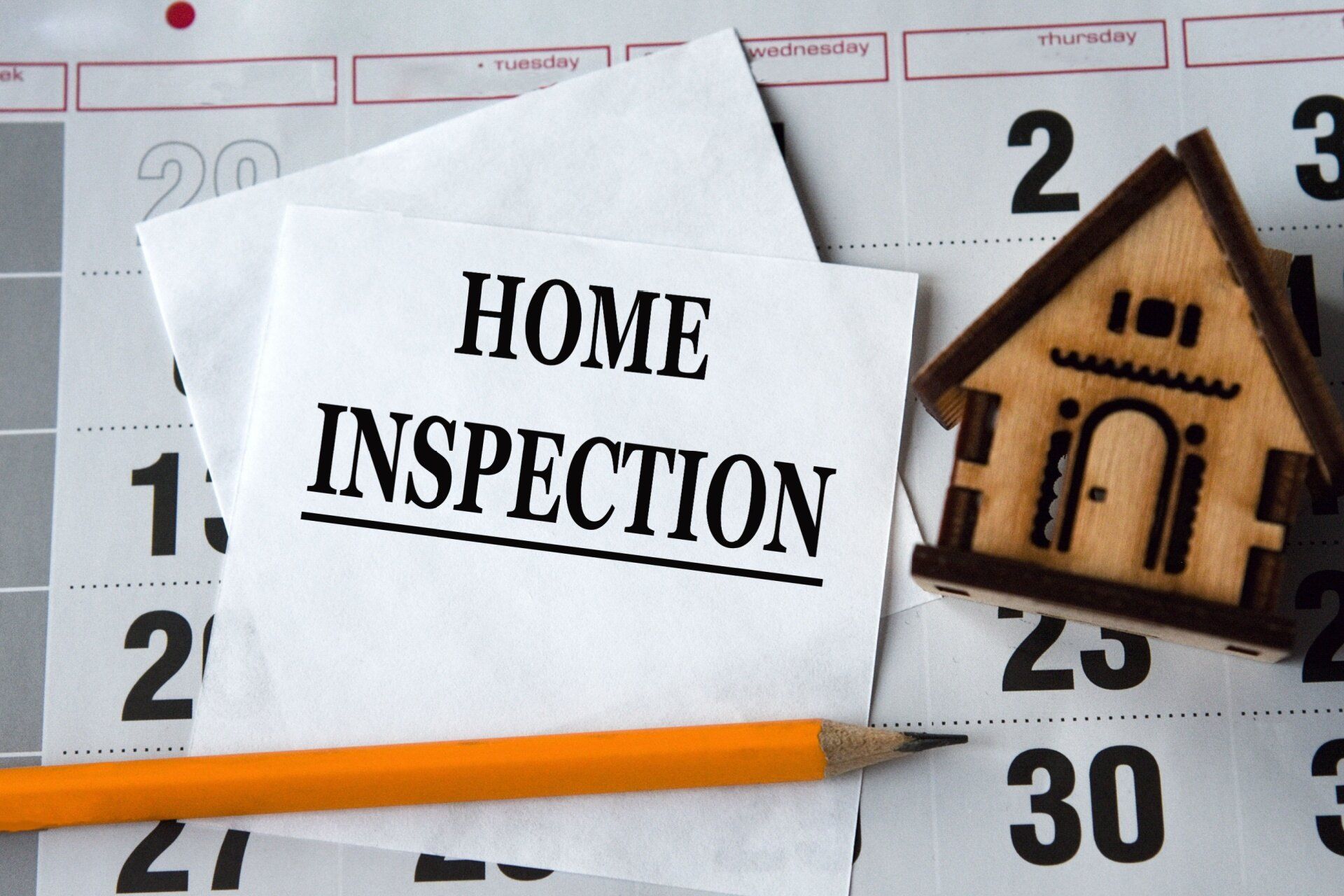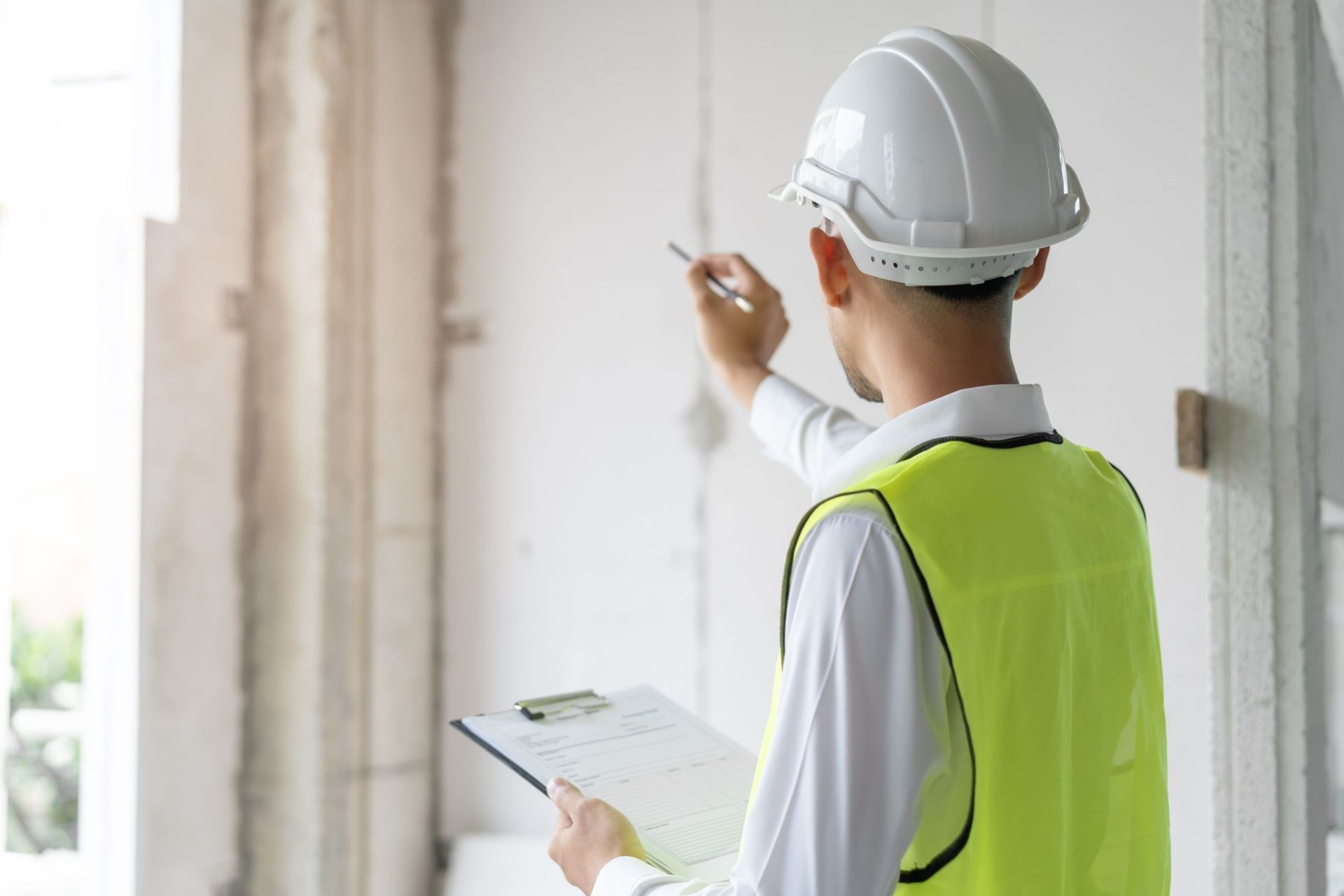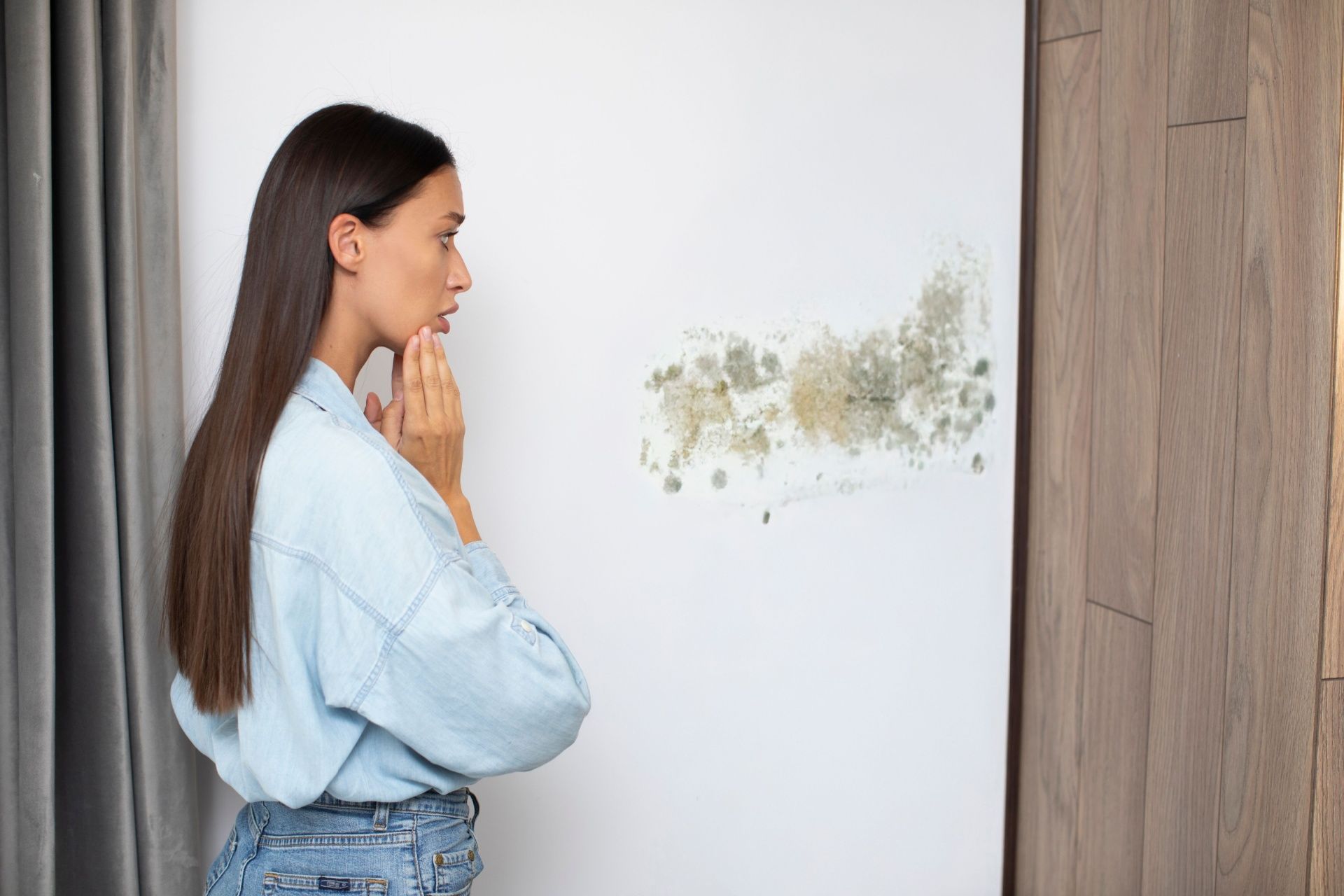Residential Mold
A common concern for homeowners and home buyers is indoor microbial growth. Molds can produce allergens and irritants, which can cause reactions in sensitive individuals. This concern shouldn’t be ignored.
Some types of mold you can see on walls where water damage occurred, or can be found in moist places that have leaked or have not been properly cleaned. In most cases, you can smell mold—that “basement” smell is hard to miss. However, other molds can go undetected. Common areas mold grows in include basements or other low-lying areas that may have had flooding in the past, crawl spaces, near water sources such as under cabinets, near tubs and showers, etc., attics, and anywhere in the home that tends to have more moisture in the air.
Water Damage
Did your home recently experience water damage due to flooding or a leaky pipe? Significant water issues like these can cause mold to grow quickly and sometimes without notice. However, if you experience water intrusion, it’s important to dry the area within 48 hours to prevent further issues.
Poor Ventilation
If your home inspector notes poor ventilation in one or more areas of the house, you may want to get mold testing. The Environmental Protection Agency recommends that indoor humidity be no higher than 30 to 60 percent in order to limit mold growth. Bad ventilation can cause humidity levels to exceed these recommended levels.
Health Concerns
The presence of mold can cause health issues. If you’ve noticed that you, a friend, or family member seems to have a runny nose, wheezing, itchy eyes, or an asthma attack when in your home, you may want to have mold sampling done. That way, you can begin remediation and reduce indoor health concerns.
If no mold is visible and you still suspect it or just want to have peace of mind, mold sampling can be done. At ProTec Inspection Services, our inspectors will carefully inspect your home and take air and swab samples based on their findings. These samples will be sent off for lab testing and once the results are received, the inspector will suggest areas for remediation if necessary.
Disclaimer: The information on this website and blog is for general informational purposes only and is not professional advice. We make no guarantees of accuracy or completeness. We disclaim all liability for errors, omissions, or reliance on this content. Always consult a qualified professional for specific guidance.
